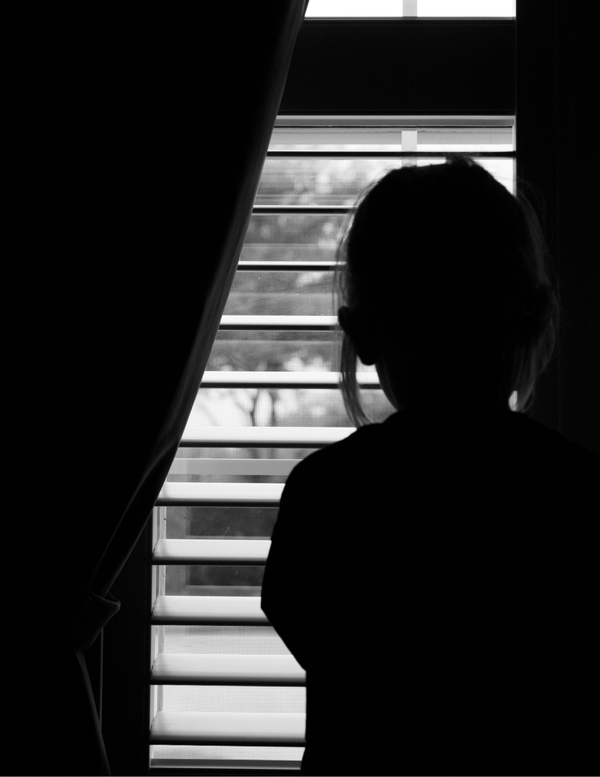Grief is a natural, though deeply challenging, part of life. Most children, with time and support, begin to adjust after a loss. They cry, express sadness, ask questions, and eventually find ways to carry their memories forward while returning to their daily lives. But sometimes grief doesn’t follow this pattern. When grief lasts longer than expected, or becomes intense and overwhelming, it may be what professionals call complicated grief or prolonged grief disorder.
Understanding complicated grief in children can help caregivers recognize when a child’s grief may need extra support—whether from a counselor, therapist, or grief specialist. Knowing the signs means we can help children sooner, preventing prolonged pain and difficulty.
What Is Complicated Grief?
Complicated grief happens when the natural process of mourning gets stuck. Instead of gradually adjusting to the loss, a child may continue to experience intense longing or distress that interferes with their ability to function at school, home, or socially. This grief may feel “frozen,” preventing healing and acceptance.
It’s important to remember: grief looks different for every child. Age, personality, relationship to the person who died, and the circumstances of the loss all influence how grief unfolds. Still, certain patterns may signal when grief is more than typical sadness.
Signs of Complicated Grief in Children
Persistent, intense yearning or searching for the person who died
Difficulty accepting the death, with ongoing disbelief or denial
Avoiding reminders of the loved one or, conversely, excessive preoccupation with memories
Withdrawal from friends, family, or activities they once enjoyed
Significant decline in school performance or difficulty concentrating
Changes in behavior such as irritability, aggression, or regression
Excessive worry about their own safety or the safety of others
Expressions of guilt or self-blame related to the death
Intense emotional distress that doesn’t improve with time
If these signs last for several months and interfere with daily life, it may be time to consider professional support.
When Should Caregivers Seek Help?
If you notice that your child’s grief is ongoing, unusually intense, or impacting their ability to function, reaching out for help can make a vital difference. A trained therapist or grief counselor can provide a safe space for your child to process feelings, learn coping skills, and rebuild resilience.
It’s also important to remember that children don’t always have the words to explain what they’re feeling. Behavioral changes or physical complaints like headaches or stomachaches can be signals that grief is becoming complicated.
Supporting Your Child Through Complicated Grief
While professional help is important, caregivers play a crucial role. Continue offering love, patience, and opportunities for your child to express their feelings. Validate their emotions, and remind them it’s okay to grieve in their own way and time.
Books like The Terrible, Super Sad Day by Vanessa Valles, LCSW-S, can also support children in understanding and naming their grief. This story gently opens conversations about emotions and loss, helping children feel seen and heard, which is a powerful step toward healing.
Final Thoughts
Grief is never a straight path, especially for children. Sometimes the journey takes longer or feels harder, and that’s okay. Recognizing complicated grief early ensures children get the care and understanding they need to move forward.
If you have concerns about your child’s grief, don’t hesitate to seek guidance. Compassionate support can transform the grieving process from overwhelming to manageable—and ultimately, to healing.
Looking for a resource to guide your child through grief?
The Terrible, Super Sad Day offers comfort and clarity through story, helping children and caregivers navigate the most difficult of days with honesty and hope.
Purchase your copy of The Terrible, Super Sad Day here!

